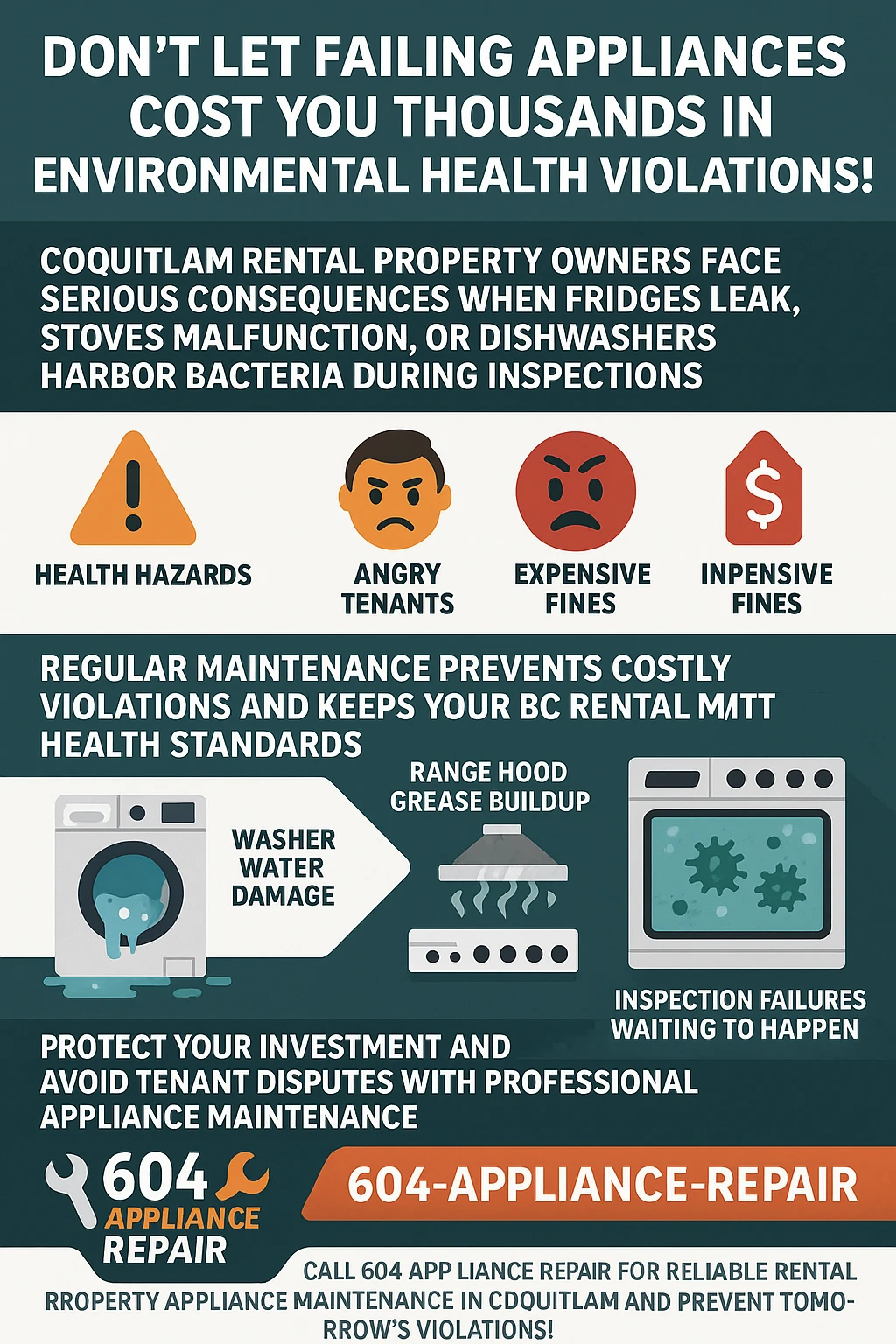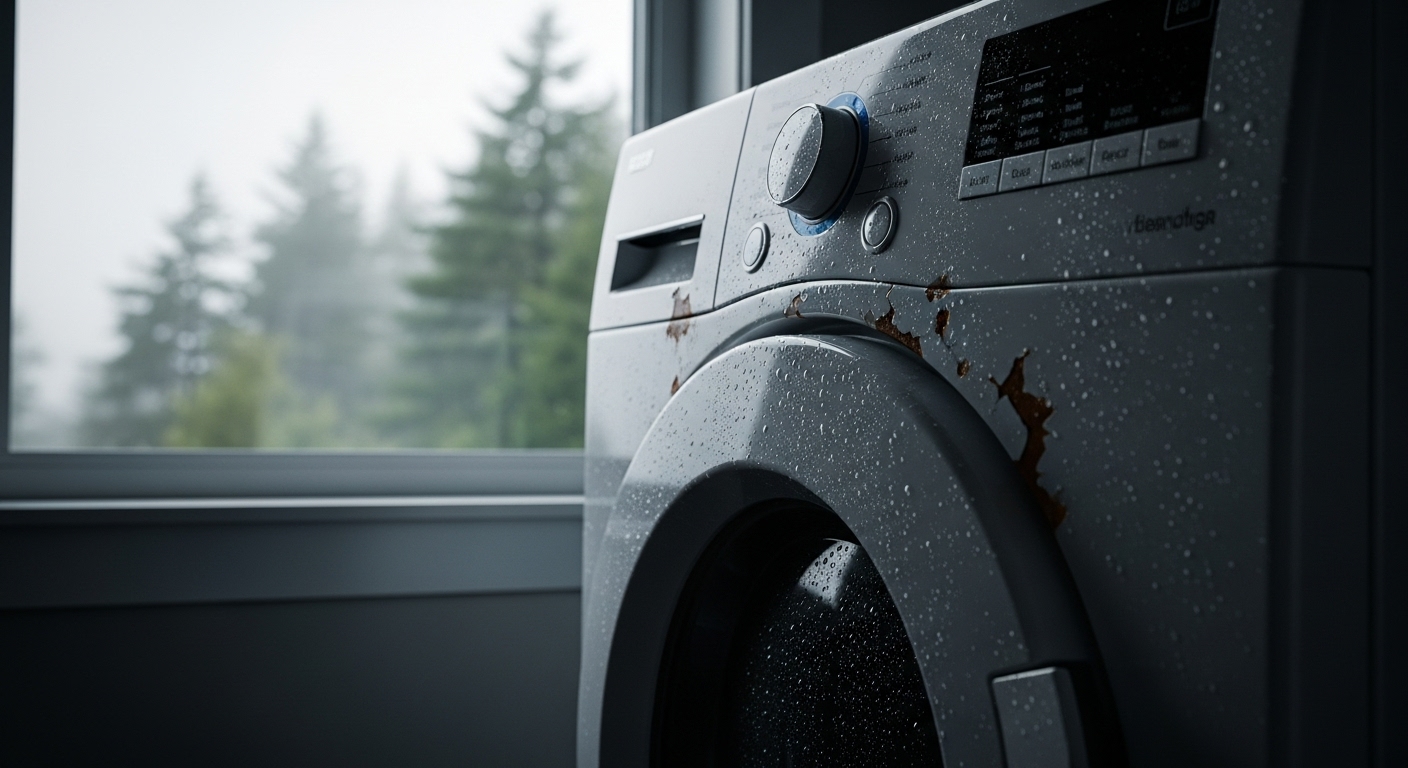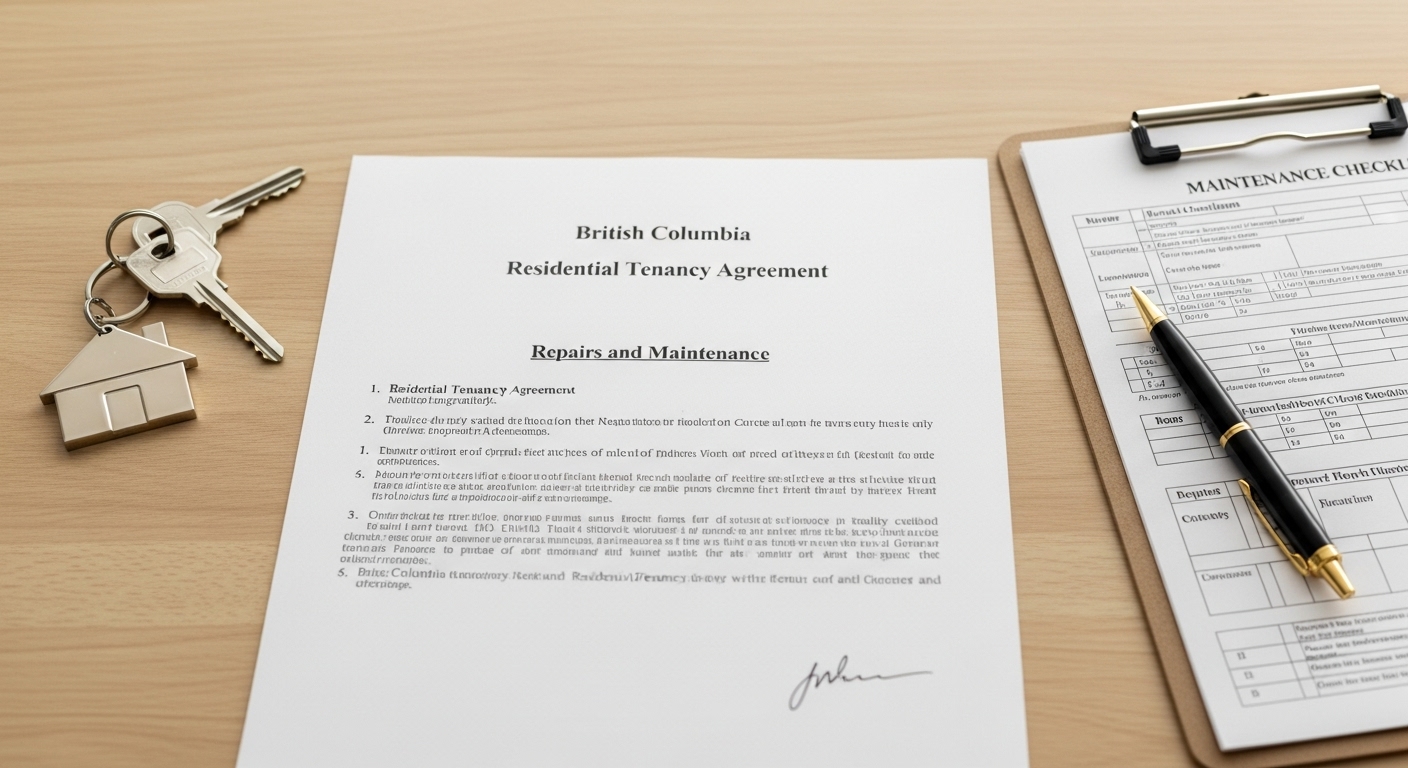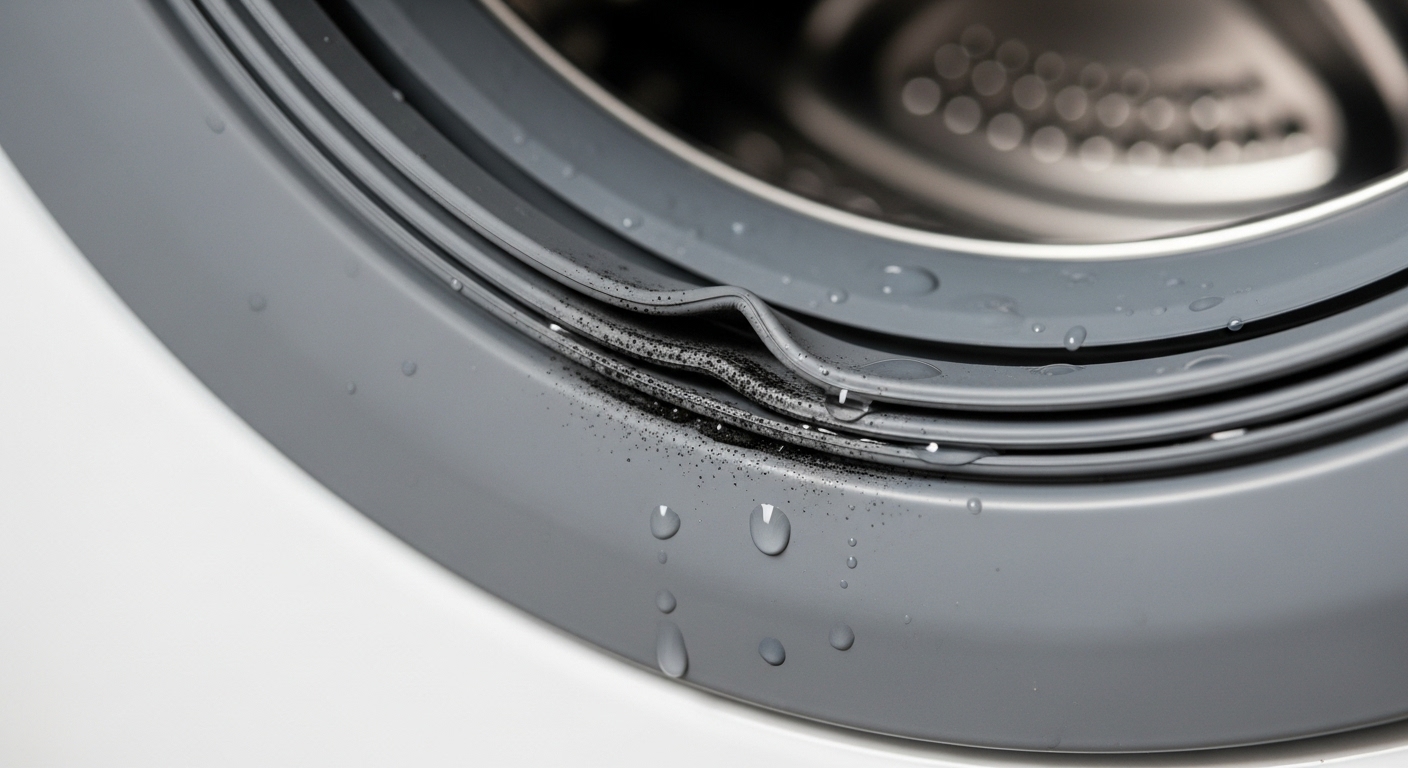
Why Your Appliances Are Failing Environmental Health Inspections: How Coquitlam Rental Property Owners Can Avoid Costly Violations and Tenant Disputes Through Proper Appliance Maintenance
Wondering why your rental property keeps failing health inspections despite seemingly functional appliances? The hidden culprit might be Coquitlam’s unique coastal climate silently destroying your equipment while creating liability under BC’s strict Residential Tenancy Act.
As a Coquitlam rental property owner, you’re facing a perfect storm that most landlords don’t realize exists until it’s too late. The constant humidity and salt air that makes our coastal location beautiful is also slashing your appliance lifespans by up to 40%, while BC law holds you fully responsible for maintaining any appliances listed in your lease agreements. When environmental health inspectors evaluate your properties, they’re not just checking if appliances turn on—they’re looking for signs of proper maintenance, functionality, and safety compliance.
This isn’t just about avoiding embarrassing inspection failures. Failed appliances can trigger rent abatement orders, tenant compensation claims, and emergency repair bills that easily exceed $500-800 before parts are even considered. But here’s the good news: most appliance-related violations are completely preventable when you understand how Coquitlam’s environment attacks your equipment and implement the right maintenance strategies.
The intersection of coastal climate damage, legal compliance requirements, and health inspection standards creates unique challenges that generic appliance maintenance advice simply doesn’t address. You need strategies specifically designed for our marine environment, combined with documentation systems that protect you in disputes and demonstrate your diligence to inspectors.
Key Outtakes:
- Coquitlam’s coastal humidity and salt air can reduce appliance lifespans by 20-40% compared to inland properties, making failures more likely during health inspections
- Under BC’s Residential Tenancy Act, landlords are fully responsible for maintaining any appliances listed in lease agreements, with emergency repair costs potentially reaching $500-800+ before parts
- Environmental health inspectors focus heavily on appliance condition as an indicator of overall property maintenance standards, with failures often triggering broader violations
- Simple moisture control strategies can extend appliance life by 3-5 years and reduce emergency repair calls by 80%, providing significant cost savings over reactive maintenance
- Proper documentation of maintenance activities and tenant communication protects landlords in disputes while demonstrating compliance diligence to health inspectors

Understanding Coquitlam’s Unique Threat to Rental Property Appliances

The coastal environment that makes Coquitlam such a desirable place to live creates an invisible enemy for your rental property appliances. Unlike inland BC properties that deal with standard wear and tear, your equipment faces constant assault from environmental factors that most appliance manufacturers never anticipated when setting warranty terms and maintenance schedules.
Coquitlam’s environment creates constant 80-91% humidity levels combined with salt air that most appliances simply aren’t built to handle. This invisible combination causes corrosion, mold growth, and mysterious electronic failures in washers, fridges, and dishwashers that can catch even experienced landlords completely off guard. The damage often occurs internally to wiring harnesses, heating elements, and electronic control boards, manifesting as intermittent problems that are difficult to diagnose until complete failure occurs.
Front-loading washing machines, increasingly popular in Vancouver area rentals, are particularly vulnerable in our climate. These units develop persistent odor problems and seal failures much faster than in drier regions, with mold growth in door seals presenting both health concerns and immediate violation triggers during inspections. The moisture accumulation that occurs naturally in our environment creates perfect conditions for biological growth that health inspectors specifically target during their evaluations.
Temperature fluctuations compound the humidity damage by putting additional stress on appliance components. While our climate is moderate, the variability means appliances rarely get the stable operating conditions they’re designed for, leading to premature connection failures and component loosening. When you add hard water conditions common in many Coquitlam areas, mineral buildup clogs internal passages and damages heating elements, requiring significantly more frequent maintenance than manufacturer recommendations suggest.
The financial impact of this environmental reality is substantial. Emergency appliance repairs in the Vancouver area typically cost $500-800 before parts are even considered, and these emergency situations often occur at the worst possible times—right before scheduled inspections or during periods when finding replacement units quickly becomes challenging and expensive.
BC Legal Framework: Your Responsibilities Under the Residential Tenancy Act

Understanding your legal obligations as a Coquitlam landlord is crucial because appliance failures don’t just create maintenance headaches—they create liability exposure under BC’s strict Residential Tenancy Act. The legal framework governing appliance responsibility is clear and unforgiving: if you’ve listed an appliance in your tenancy agreement, you’re responsible for maintaining it in working condition throughout the entire tenancy period.
This responsibility extends far beyond basic functionality to include ensuring appliances meet health and safety standards required by local bylaws and passing environmental health inspections. BC’s official guidelines make it explicit that landlords have a responsibility to maintain the basic features of the rental unit and appliances listed in the tenancy agreement, with no exceptions for environmental factors like coastal humidity or salt air damage.
The distinction between landlord and tenant responsibility hinges on whether damage results from normal wear and tear versus deliberate actions or neglect by the tenant. However, proving tenant causation requires comprehensive documentation, and in the absence of clear evidence, the assumption defaults to landlord responsibility. This places the burden of proof squarely on property owners to demonstrate that appliance failures result from tenant misuse rather than inadequate maintenance.
Emergency repair procedures under BC law create additional financial exposure if you’re not prepared with proper protocols. When appliances fail in ways that affect health, safety, or habitability, tenants have the legal right to arrange repairs themselves and bill you for the costs if you don’t respond within reasonable timeframes. The criteria for emergency repairs include substantial interference with use and enjoyment, safety effects, and health impacts—all of which commonly result from appliance failures in coastal environments.
Documentation requirements aren’t optional—they’re legally mandated throughout the entire tenancy lifecycle. From initial condition inspections to ongoing maintenance records and final move-out assessments, your ability to defend against tenant claims or demonstrate compliance to health inspectors depends entirely on having comprehensive, dated, photographic evidence of appliance conditions and maintenance activities. Without this documentation, you lose credibility in disputes and appear negligent to inspectors who expect to see proactive maintenance records.
Common Appliance Failures That Trigger Health Inspection Violations

Environmental health inspectors have seen it all, and they know exactly which appliance problems indicate broader maintenance failures versus normal wear and tear. Understanding the most common violation triggers helps you focus your preventive maintenance efforts where they’ll have the greatest impact on passing inspections and avoiding costly citations.
Front-load washing machines represent one of the highest-risk appliances for health violations in Coquitlam properties. The combination of high humidity and frequent use creates perfect conditions for mold growth in door seals and interior surfaces. When inspectors open a washing machine and detect odors or see visible mold, it’s an immediate violation indicating both appliance neglect and potential health hazards. These units require monthly seal cleaning with diluted white vinegar and must have doors left open after use to air-dry interior components—maintenance tasks that many landlords don’t realize are essential in our climate.
Refrigerators and freezers face unique challenges in high-humidity environments that directly impact their ability to maintain food safety temperatures. Excessive condensation on interior surfaces, ice accumulation, and compressor stress from constantly fighting moisture infiltration can cause temperature fluctuations that health inspectors will catch during their evaluations. A refrigerator that struggles to maintain consistent temperatures or shows signs of excessive frost buildup indicates maintenance failure, not normal aging.
Dishwasher drainage failures are another common violation trigger, often resulting from the combination of hard water mineral buildup and improper maintenance. When dishwashers don’t drain completely, they create standing water that can harbor bacteria and indicate both appliance deterioration and maintenance
